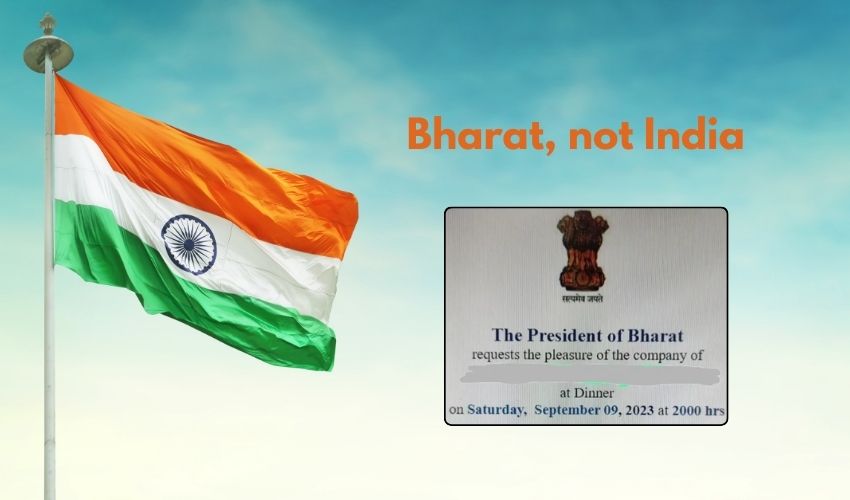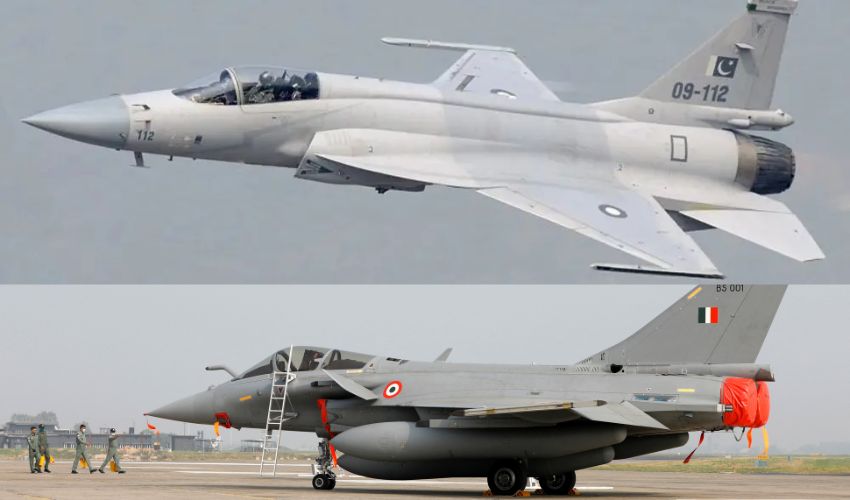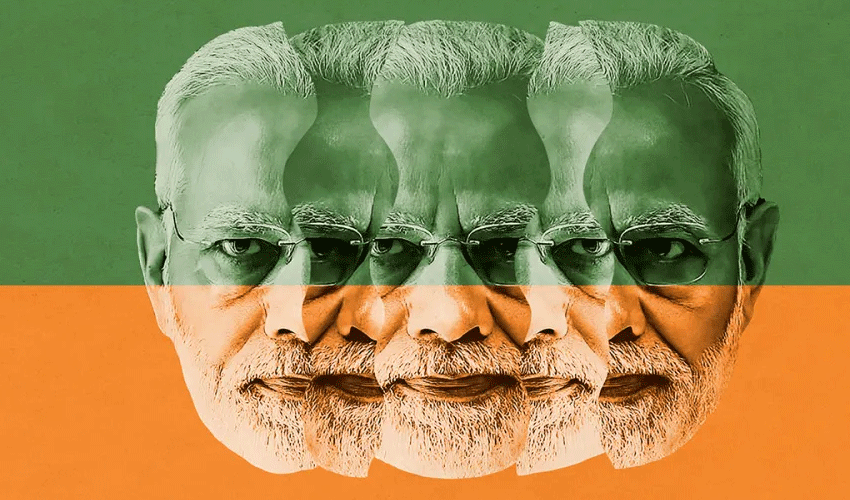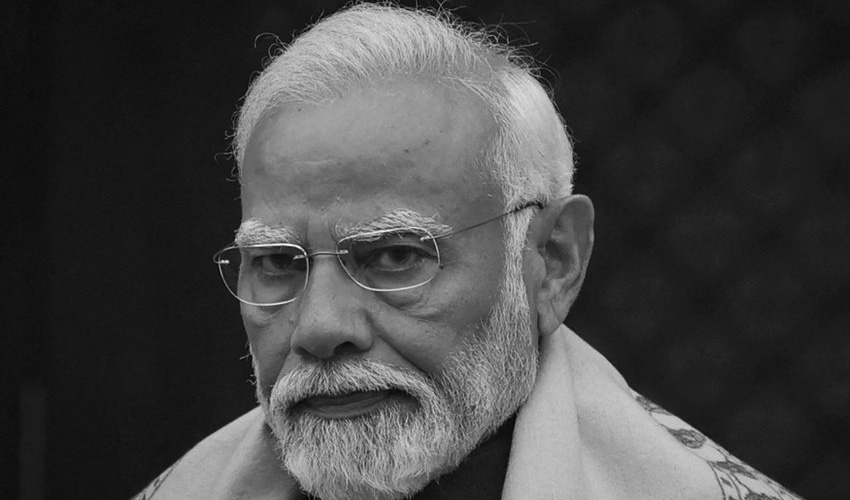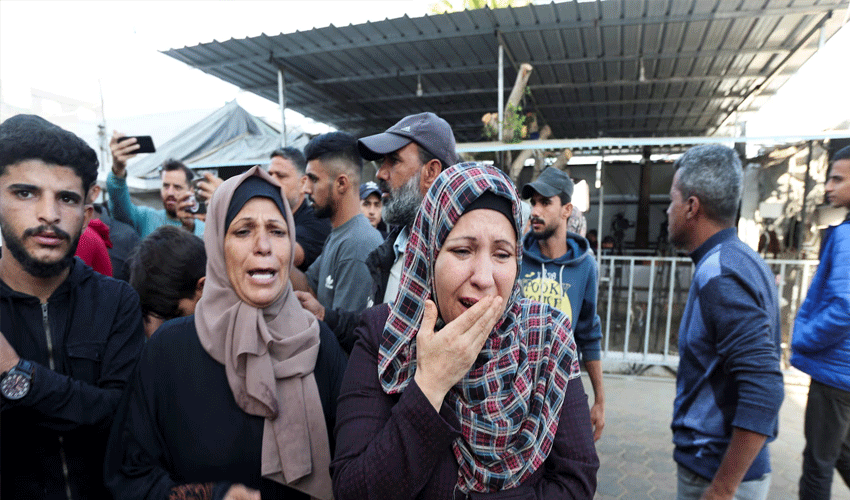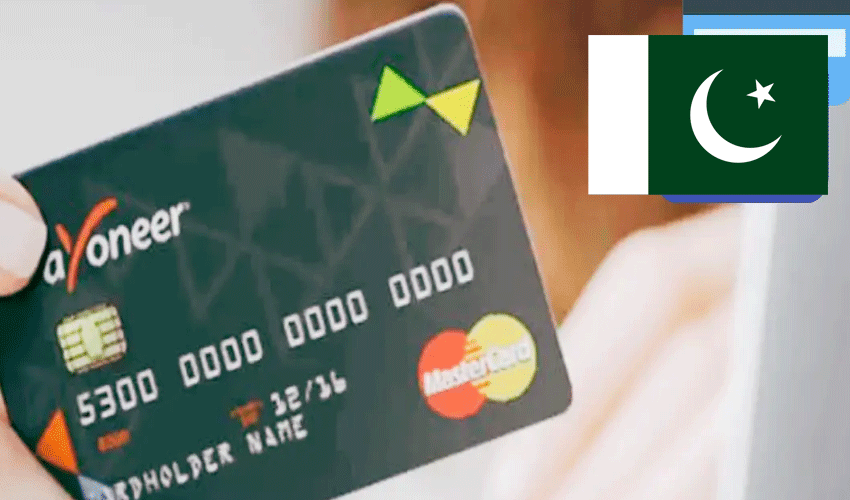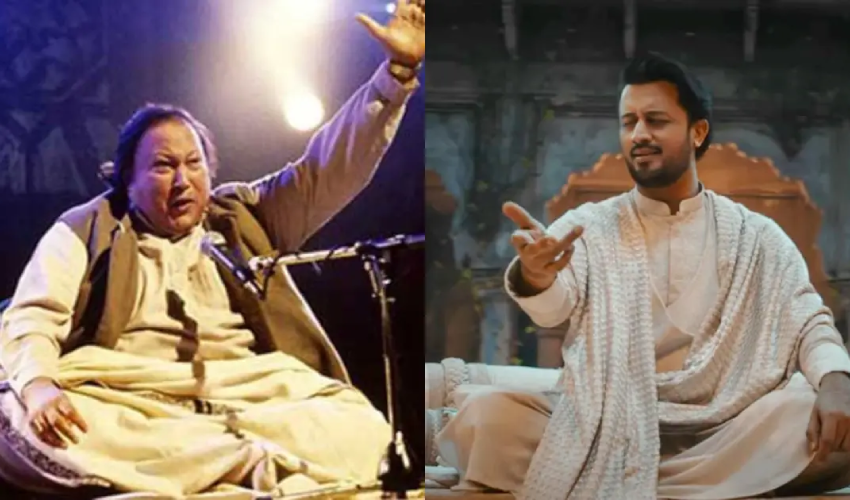The term "Bharat," a name deeply rooted in the country's ancient history, is gaining prominence as a potential replacement for the colonial-era moniker "India".
Rumors are circulating that the Indian government is considering introducing a bill during a special parliamentary session scheduled from September 18 to 22, with the aim of formally renaming the country as "Bharat."
Controversy arose after an invitation to a Group of 20 dinner event referred to India as "Bharat."
Opposition parties are now accusing Prime Minister Narendra Modi's government of making a unilateral effort to alter the nation's name.
Should India change its name to Bharat?
Well "India" is just for others who can't pronounce Bharat" but then not everyone can pronounce India perfectly too. Take e.g. the people of Bharat not all of them can pronounce it and definitely most of them couldn’t during the British rule.
Another problem is those who call it Bharat at home have also started calling it India knowingly or unknowingly.
Reality is everyone will pronounce differently according to their accents and sometimes a totally different name in their languages.
Chinese have their own name to call India. If they are forced to say it in English they will say while stammering something like "EENTIHYAA".
For example, we Pakistanis pronounce Spain as Is-pain, China as Cheen and Greece as Yoonan.
A different argument is "well India sounds cool."
Let’s delve into the historical context of the term "Bharat" as this renaming proposal aligns with India's historical identity.
Historical perspective
On September 18, 1949, the Constituent Assembly deliberated upon various names for the yet to be born Indian nation – ‘Bharat’, ‘Hindustan’, ‘Hind’, ‘Bharatbhumi’, ‘Bharatvarsh’. Ultimately, Article 1(1) of the Constitution of India became the official and the only provision on the naming of the nation, stating, “India, that is Bharat, shall be a Union of States.”
Thus, the Constitution equates ‘India’ with ‘Bharat’, in meaning, language is the only technical differentiator. But what of their connotations, the feelings they ignite within Indian citizens? And what of ‘Hindustan’, does it still exist?
Hindustan
The Persian ‘Hindustan’, and the Latin ‘India’, are both derived from the old-Persian term ‘Hindu’. Hindu is Persian for Sindhu, the name for the Indus River in ancient Sanskrit. Thus, ‘Hindustan’ is ‘the land beyond the Indus’.
Hindustan became a commonly used term to refer to the Mughal Empire, comprising primarily of north India, prior to British rule.
However, with time and colonisation, the term widened its geographical scope to include the entire territory of British-ruled India.
Iqbal’s Urdu song ‘Tarana-e-Hind’, popularly known as ‘Sare Jahan Se Achcha’ is an ode to Hindustan, the un-partitioned subcontinent of 1904.
India
India and Bharat are two official names according to the Indian Constitution.
"India" is the accepted international term for the country internationally, "Bharat" and "Hindustan" being domestically used terms.
This was clearly mentioned in Article 1 of the Indian Constitution.
Not to mention, but people in Pakistan and Bangladesh still call it as Bharat and Bharot respectively.
Constitutional implications: What kind of process it would be?
Now, if the government want everyone to call India not India, but Bharat, they have to change it in the Constitution and give an official declaration to the United Nations to recognise India under the name of Bharat.
Similarly, a request to endorse the name of Bharat shall be sent to each and every country, in the world.
The process is not difficult, but, what is the need?
Today in India, in almost all Indian languages, India is called Bharat or Bharatdesh. In Urdu (This is also an Indian language, born as a synthesis of Hindi and Persian) India is called Hindustan.
Actually, the official name is "Bharat" in most of the Indian languages and except when it comes to English use we can use both the official names interchangeably.
The name for insiders is already Bharat.
Now, should they change to Bharat for outsiders too? Why? Did the Germans change their official English name to Deutschland? Did the Spaniards change their official English name to España?
No. The world still uses the names Germany, Japan and Spain, although the locals use Deutschland, Nippon and España.
There is no insult in getting called by a name the world is already comfortable with.
As a side note, of the two major political parties in India - one uses the word Bharat (Bharatiya Janatha Party) and the other uses the word India (Indian National Congress). This sort of reflects their world view too.
There is, however, a huge debate on whether changing the name of the country is a symbolic gesture or if it would have substantial implications for governance, policies, and national identity.
Indonesia is named after Indus too so are they Indians too?
If the answer is No then why or how the Bharatis are Indians if the Indonesians can't be Indians?
After all India and Indonesia are both named after Indus country!
If the answer is Yes then why are the Bharatis the only Indians.
So what in the world is "Pakistan" then? An Acronym which gives the land of indus a new name "pure land”.
Well, it may and sure you can name your country whatever you want but in the world of history and facts it does not sound so cool.





